Will the CCP's 20th Party Congress be the dullest in decades?
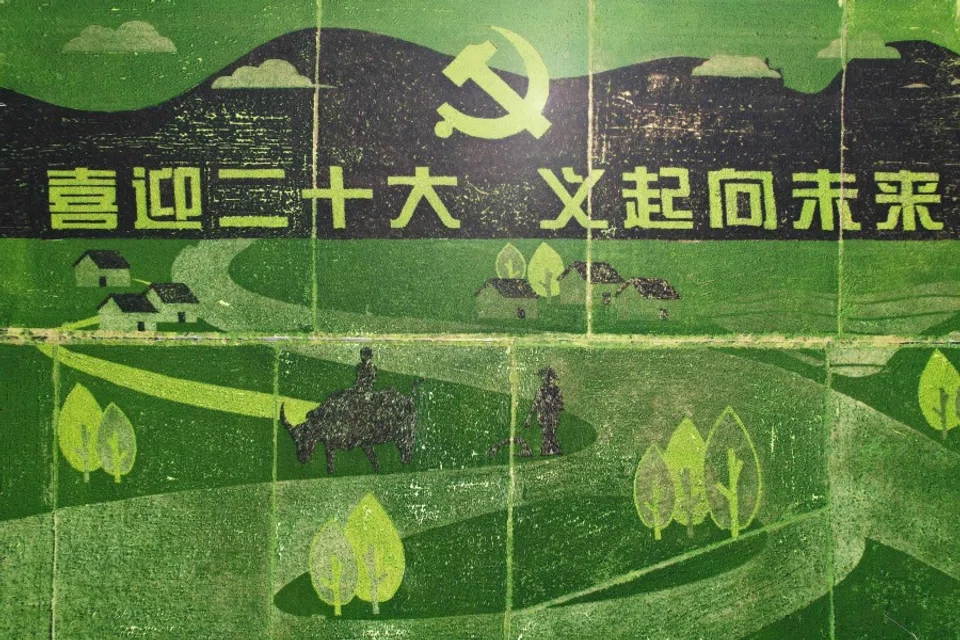
"Are you paying attention to news about the 20th Party Congress?"
"Is there any?"
During a press event, my conversations with fellow journalists ultimately led to the Chinese Communist Party (CCP)'s 20th Party Congress, as the five-yearly political event was just less than two weeks away.
A Chinese journalist said, "We're waiting for you foreign media to spill the news."
A foreign journalist nearby replied, "Who are we to talk if even you have no news." Everyone agreed that the 20th Party Congress might be the dullest session in decades.
Analysts also believe that the CCP is unlikely to confirm the future successor at this session.
Strengthened centralised power
Looking at the sessions over the past decades, a major session like the 20th Party Congress would usually mark a "change in era" where a new generation of CCP top leaders is formed. There is little surprise involved as these successors are usually determined five years ahead, but the leadership style and governance direction of these new hands and how they will lead China forward will be a fresh change that piques people's interest.
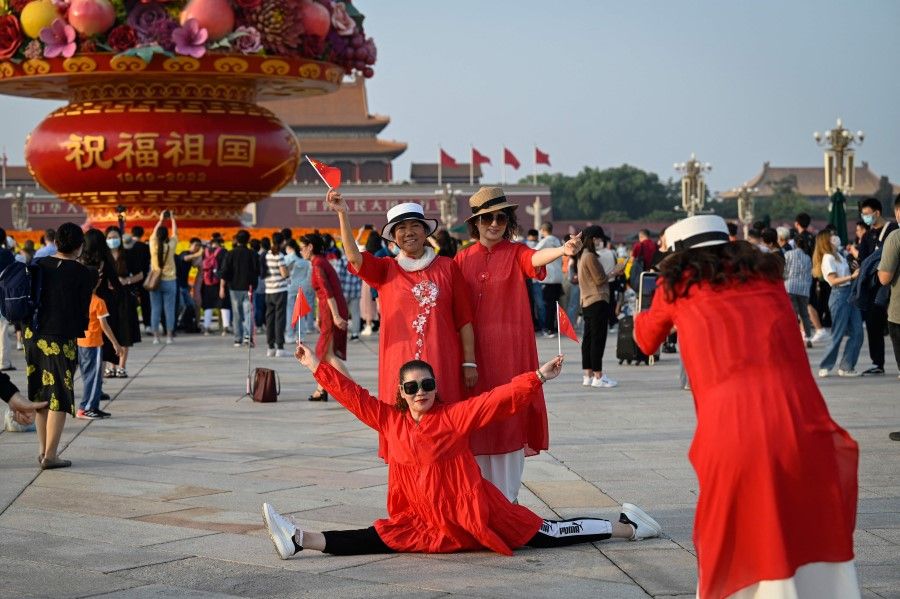
However, over the past decade, the CCP has met its political agenda of rebuilding its core and changing the constitution. And at the sixth plenary session of the 19th Central Committee of the CCP, it passed a third historical resolution, which included the "Two Establishes" (两个确立) of uniting around Xi Jinping as the core of the party, and guided by "Xi Jinping Thought on Socialism with Chinese Characteristics for a New Era".
While the senior appointments at the 20th Party Congress are still up in the air, the third consecutive term in office for CCP's top leader Xi Jinping has already been widely recognised. Analysts also believe that the CCP is unlikely to confirm the future successor at this session.
Apart from the top leader, other changes in senior CCP appointments are also of interest to the long-time observers of China, for instance, who will be the next Chinese Premier, who will be promoted to the Politburo standing committee, and which political stars will be promoted as Politburo members.
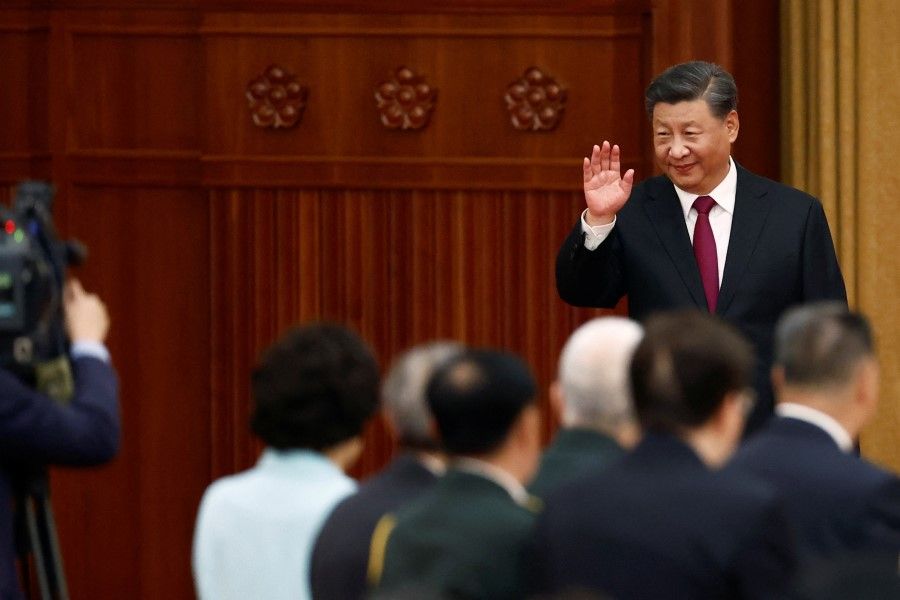
But with the CCP severely punishing factionalism and moving from a few key persons holding power, or the "nine dragons controlling water" (九龙治水), to having one position as the highest authority (定于一尊), it is not so easy to decipher the stand and interests of the senior appointments, leaving limited scope for discussion and interpretation.
Way forward with Covid-19 and the economy
The traditional audience that enjoys the excitement and gossip around CCP appointments would surely be disappointed by the uneventful 20th Party Congress. Even so, China observers are still closely watching this political event, especially the political and policy signals relating to the outside world.
In the lead-up to the 20th Party Congress, China is facing several external and domestic challenges. Internally, the Chinese economy is in a bad shape. Over the past decade, economic policies took a left turn following political trends, with the private sector the worst hit since reform and opening up.
Since the outbreak of the Covid-19 pandemic, the "dynamic zero-Covid" policy continues to restrict people's movements between China and the outside world, with quarantine and testing measures inhibiting consumption, thus obstructing China's huge "internal circulation".
... due to the relaxation of most Covid-related restrictions and tourism recovery, growth in East Asia's developing economies will overtake that of China.
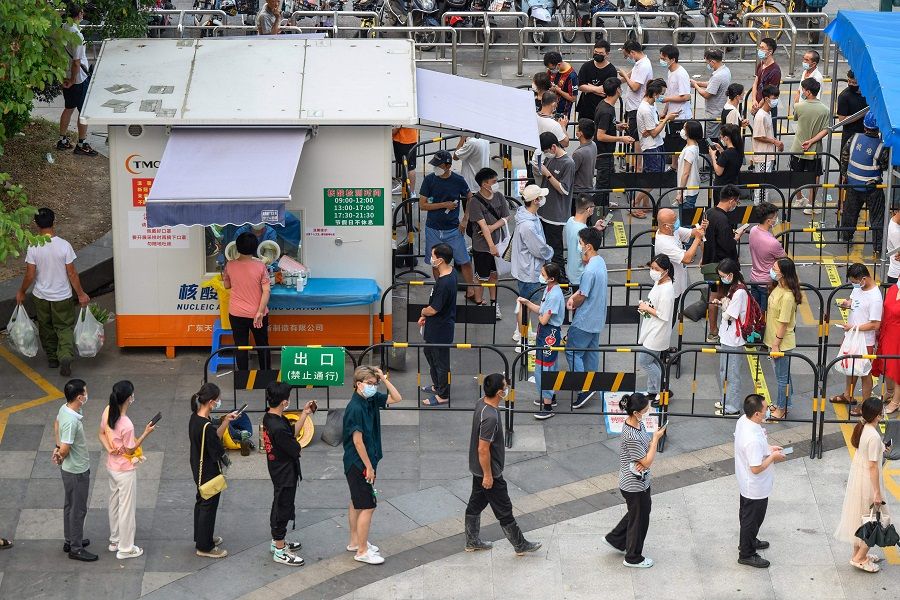
Although the Chinese economy and its people are the ones directly hit, the spillover effects of China's economic slowdown are certainly felt by the outside world. China is an important global power with a market of 1.4 billion people; it exports large amounts of goods to the world and is a global leader in some areas of consumer technology.
In late September, the World Bank revised downward its outlook on China's growth, and predicted that due to the relaxation of most Covid-related restrictions and tourism recovery, growth in East Asia's developing economies will overtake that of China. This implies that China, which has led the region since 1990, will no longer be the "locomotive" that drives regional economic growth.
The Chinese economy is at a crossroads. Will it turn left or right? Will it move towards openness and freedom, and continue to create a conducive investment environment for foreign investors? Where is China's anti-Covid policy headed and will it stay firm on implementing its stringent measures?
Impact on China and outside world
Externally, China faces an even more complex geopolitical environment. While there is no stopping China's rise nor disputing its significant presence on the world stage, an increasing number of governments and corporate decision-makers are reviewing their China strategy amid the intensifying tensions between China and the West.
Behind the outside world's concern about the 20th Party Congress are the expectations for change.
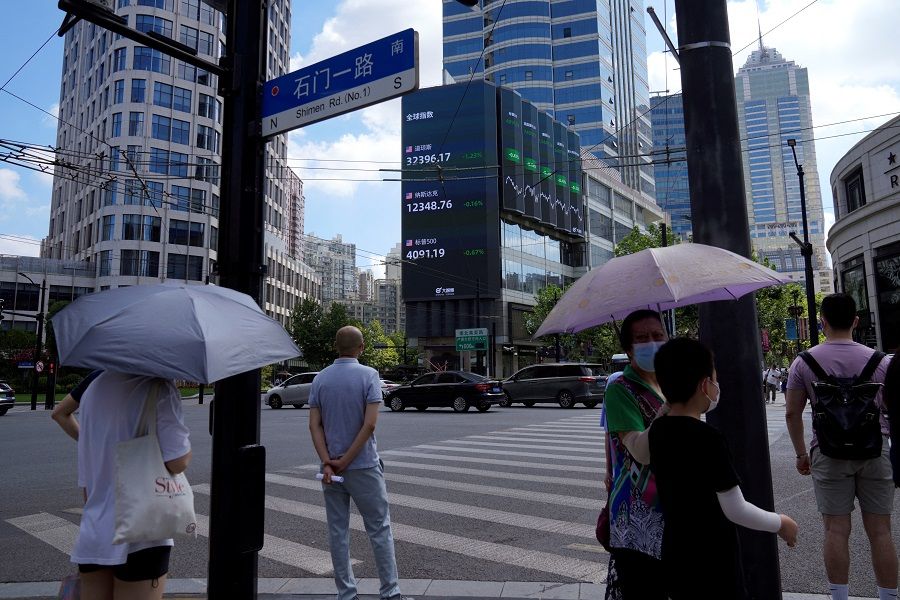
Under such circumstances, how will China interact with the outside world? Additionally, tensions in the Taiwan Strait are in a vicious cycle of escalation, and Beijing also has its own reunification goal. Will the CCP make clearer plans on the Taiwan Strait issue, and how will this affect the current situation in the Taiwan Strait?
The direction set for China's domestic affairs and foreign policies at the 20th Party Congress by the CCP's highest level of decision-makers will affect both China and the world. Behind the outside world's concern about the 20th Party Congress are the expectations for change.
The unusually humdrum lead-up to the party congress has highlighted that officials are strictly controlling political discourse, especially within the system, and that there is little room for discussion. This also signals that stability would be the basic tone of the upcoming party congress, while change is secondary.
In contrast with everyone's expectations, China is likely to stick to its current major policies after the 20th Party Congress. As a result, Beijing's political circles may have well lost their excitement for the five-yearly party congress this year.
For Lianhe Zaobao's special reports on the 20th Party Congress, click here.
Related: Chinese netizens debate: Should China abandon the market economy for a 'people-oriented' economy? | Has China's monetary policy reached its limit? | [Future of China] China's economy now and in the future | [Party and the man] A third term is just the beginning: Xi Jinping's main challenges | Xi Jinping's position as 'the people's leader' firm ahead of 20th Party Congress | [Party and the man] Factions and fence-sitters in Xi Jinping's China
